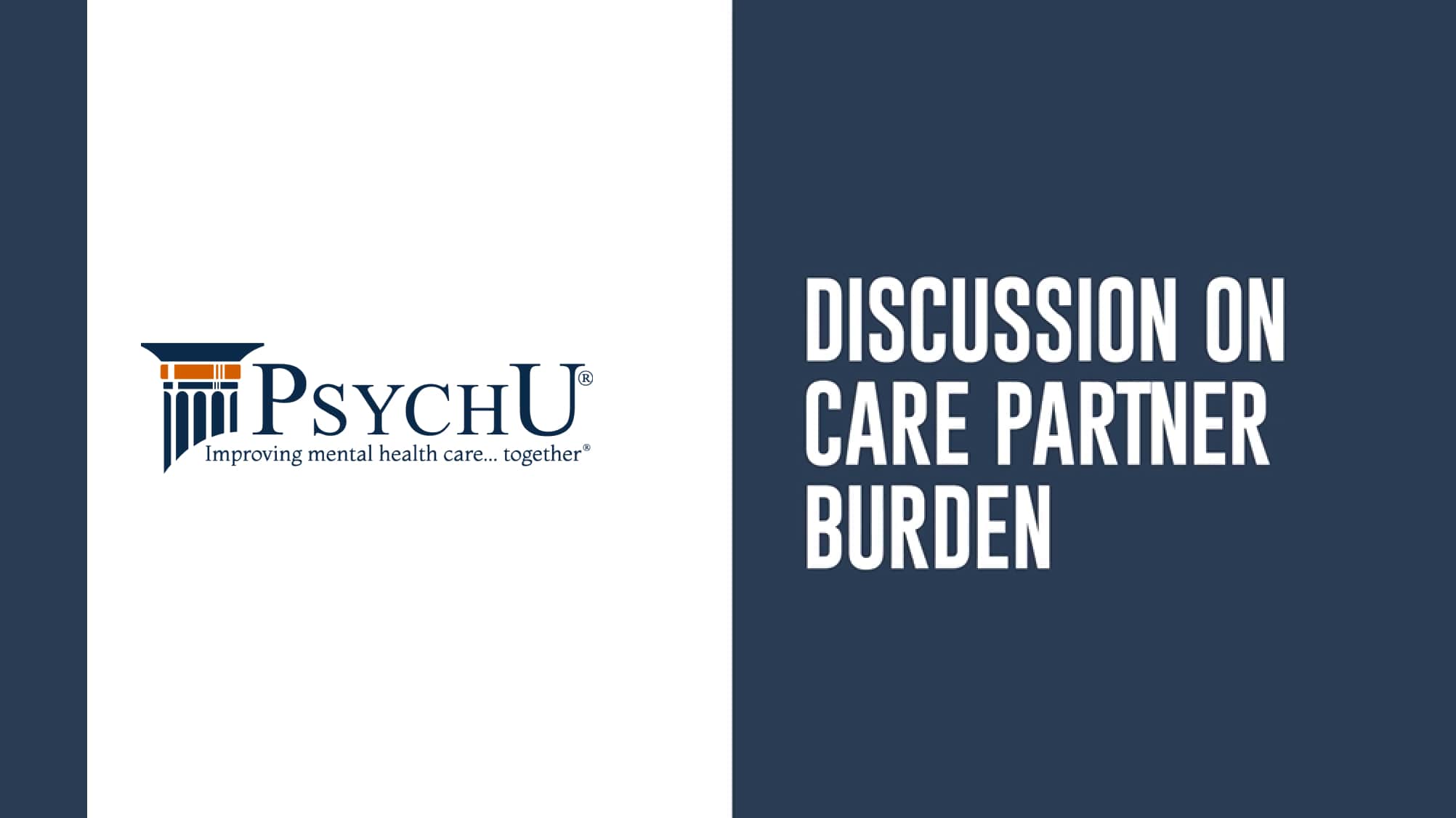

Helping Your Patients and Their Caregivers Identify the Symptoms of Agitation in Alzheimer’s Dementia (AAD)
Agitation in Alzheimer's Screener for Caregivers (AASC®)
Learn More About AASC®Engaging in Proactive Conversations Matters
Healthcare Providers (HCPs) rely on caregiver reports to identify agitation in Alzheimer's dementia, as symptoms are difficult to detect in office settings. However, caregivers often do not recognize the full range of symptoms and believe it is the clinician's responsibility to initiate the conversation, leading to discussions only when symptoms become untenable.1,2
People with Alzheimer's dementia can experience behavioral and psychological conditions, with agitation being the most common.3,4
Despite its prevalence, agitation is often under-recognized, under-diagnosed, and dismissed as acting out despite its complexity and burden.1,5,6
Agitation in Alzheimer’s dementia is a treatable condition with a broad range of symptoms. Agitation requires a different treatment, separate from Alzheimer’s treatment.2,7,8
Engaging in proactive conversations with caregivers can enhance the monitoring and reporting of agitation symptoms.1
Caregivers Play a Critical Role in Recognizing, Assessing, and Communicating Agitation Symptoms to HCPs
Nearly 50% of people living with Alzheimer’s dementia will experience agitation, yet HCPs and caregivers are reluctant to talk about agitation symptoms.1,5,9
Caregivers are often first to encounter agitation behaviors
Caregivers:
- May not recognize the full breadth of agitation behaviors1,2,9
- May not understand that treatment of agitation differs from treatment of Alzheimer’s1,2,9
- May not readily talk about agitation behaviors with HCPs1,2
- May have intimate (or crucial) knowledge of routines and behavioral changes1,10
HCPs often rely on caregivers to report agitation behaviors
HCPs1:
- Learn about agitation symptoms from caregivers
- Agitation symptoms may not be easy to detect in an office setting, especially when symptoms are subtle
Early detection using the AASC® may11,12:
- Encourage discussions with HCPs about agitation symptoms
- Improve recognition and overall management of agitation in patients with Alzheimer’s dementia
The Agitation in Alzheimer’s Screener for Caregivers (AASC®) Is an Easy-to-Use Screening Tool12
AASC® was created based on International Psychogeriatric Association (IPA) criteria with caregiver feedback along with agitation in Alzheimer’s dementia clinical experts and a patient representative to:
The AASC® can be completed in less than a minute at home, waiting room, or doctor’s office and uses a straightforward scoring method.
Conversations Matter: Discussing the Impact of Care Partner Burden
"The caregiver is the linchpin because without their role, even the best treatment plan is not going to be carried out in a successful way." - Marc E. Agronin, MD

Explore how caregiver stress affects the management of agitation associated with Alzheimer's dementia. Listen to Dr Marc Agronin and Carrie Shaw, a caregiver, share how important it is to talk about these struggles with an HCP.
Learn more about agitation in Alzheimer’s dementia
Reference(s)
1. Stella F, et al. Int J Geriatr Psychiatry. 2015;30(12):1230-1237. 2. Gilmore-Bykovskyi A, et al. Gerontologist. 2020;60(5):896-904. 3. Antonsdottir IM, et al. Expert Opin Pharmacother. 2015;16(11):1649-1656. 4. Anatchkova M, et al. Int Psychogeriatr. 2019;31(9):1305-1318. 5. Halpern R, et al. Int J Geriatr Psychiatry. 2019;34(3):420-431. 6. Lanctot KL, et al. Alzheimers Dement (NY). 2017;3(3):440-449. 7. Cummings J, et al. Int Psychogeriatr. 2015;27(1):7-17. 8. Cohen-Mansfield J. Instruction Manual for the Cohen-Mansfield Agitation Inventory (CMAI). 1991. Rockville, MD: Research Institute of the Hebrew Home of Greater Washington. 9. Richler LG, et al. Harv Rev Psychiatry. 2023;31(1):22-27. 10. Lindeza P, et al. BMJ Support PalliatCare. 2020;bmjspcare-2020-002242. 11. Clevenger C, et al. Study protocol: quantitative evaluation of The Agitation in Alzheimer’s Screener for Caregivers (AASC), a novel tool for improving recognition of agitation in Alzheimer’s dementia. Alzheimer’s Association International Conference (AAIC): July 28-August 1, 2024: Philadelphia, PA. 12. Clevenger C, et al. One Minute to Recognition: The Agitation in Alzheimer’s Screener for Caregivers (AASC®). The Gerontological Society of America Annual Scientific Meeting; November 8-12, 2023; Tampa, FL.